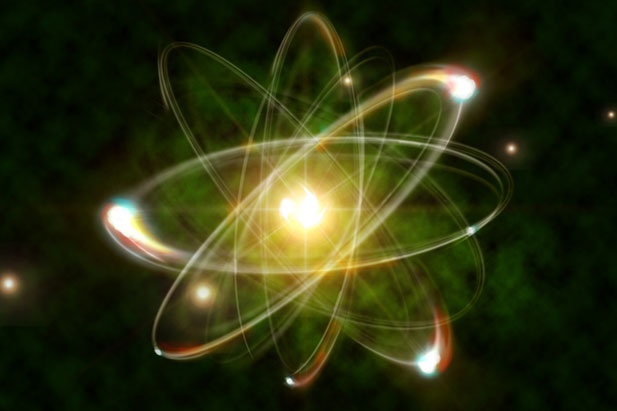International nuclear energy scholars convene at UOIT
University also driving force behind new nuclear reactor handbook
July 14, 2016

Known as a leading Canadian hub of research and programs in nuclear science and engineering research, the University of Ontario Institute of Technology (UOIT) welcomed more than two dozen nuclear scholars from around the globe to campus in early July.
In partnership with the International Atomic Energy Agency, UOIT’s Faculty of Energy Systems and Nuclear Science (FESNS) hosted a one-week international training course on the science and technology of Supercritical Water-Cooled Reactors (SCWRs). Participants came to UOIT from as far away as China, Ghana, India, Russia, Saudi Arabia and Ukraine.
“Supercritical-pressure water is an innovative concept being explored as a new method of cooling nuclear reactors,” says Igor Pioro, PhD, Professor, FESNS, UOIT. “At temperatures and pressures above water’s thermodynamic critical point, water becomes a fluid with unique properties to make reactor systems simpler and more thermally efficient. Increasing operating pressure and steam temperature is a natural evolution from conventional water-cooled reactors as seen in fossil fuel power technologies.”
Approximately 20 countries have been involved in SCWR research and development. The university’s course for researchers, professors, engineers, regulators, graduate students and undergraduate students covered fundamental and advanced technologies such as:
- Introduction and historical development of SCWRs.
- Materials and chemistry.
- Plant dynamics and safety.
- Reactor physics and core design.
- Thermal-hydraulics of supercritical fluids.
UOIT also publishes new Handbook on Generation IV Nuclear Reactors
In addition to being a catalyst to connect the international nuclear community, the university is at the forefront of research on the latest versions of advanced nuclear reactors, known as Generation IV (Gen IV).
FESNS has published what is believed to be the world’s first Gen IV Handbook, compiled by an international team of nuclear experts including 11 current and former UOIT professors and students. The publication explores:
- Various Gen IV nuclear reactor concepts:
- gas-cooled fast reactor
- lead-cooled fast reactor
- molten salt reactor
- sodium-cooled fast reactor
- super-critical water-cooled reactor
- very high temperature reactor
- Hydrogen co-generation at Gen IV nuclear power plants.
- Safety of advanced nuclear reactors, including political and social considerations.
- Status of current global Gen IV activities.
- Thermal aspects of conventional and alternative fuels.
“This handbook is intended not only for nuclear engineering specialists, but also for a wider range of technical specialists and students,” says Dr. Pioro. “At UOIT it will be used as a textbook for a number of FESNS undergraduate and graduate courses.”



